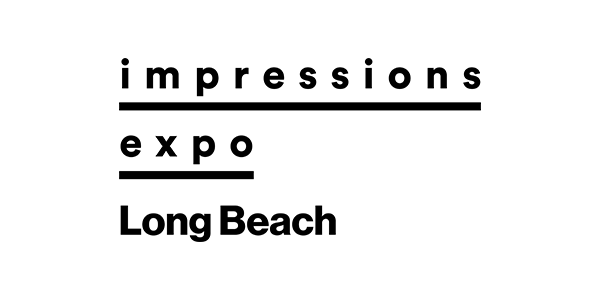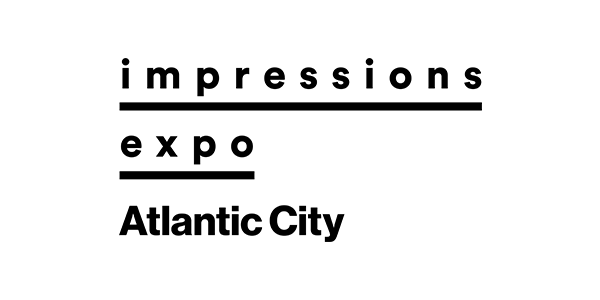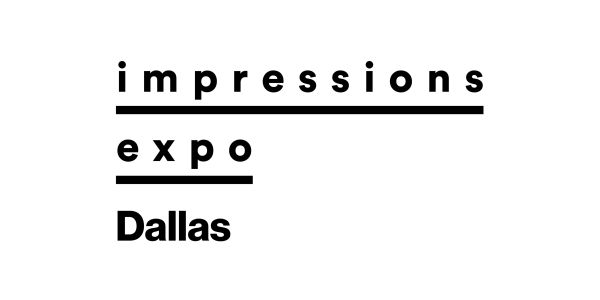Adding hard-surface sublimation to your current lineup of services is a great option regardless of whether you’re just starting a business or have been decorating for years.
With the correct tools and equipment, hard-surface sublimation not only allows you to offer more variety to your clients, but it also has the potential to substantially grow your business.
Sublimation is no stranger to the decoration world, starting in the textile industry and later expanding into hard substrates (think sublimated mugs). The longevity of the products has grown immensely and expanded from those that are small and personalized to larger hard-surface products that are suitable for the photo industry. There is significant variety available in the marketplace, and the improved technology and sublimation support makes hard-surface personalized products more affordable than ever.
For sublimation on a hard surface to work, it must be coated with a polyester-based material and be able to withstand high heat temperatures in order for the ink to transfer into the product. During the typical process for sublimating a hard substrate, the protective film is first peeled off the sublimatable surface. Next, attach clay-based transfer paper with the printed image to the surface of the product. Then, place it in a heat press with the sublimatable side facing upward and press the product according to the specific material instructions.
When the product is taken from the heat press, quickly remove the transfer paper and allow it to cool. If these steps are followed correctly, the process should result in a vibrant, durable sublimated image.
Following are seven tips to successfully add hard-surface sublimation to your decorating arsenal.
1. Augment the markets to which you’re already selling — sports, schools, etc. — by expanding your product offerings. For example, if you’re selling sports T-shirts or school photos, consider adding hard surfaces such as magnets and keychains to the mix.
2. The graphics you use help sell the product. You may only be using photos to personalize your product, but if you’re using graphics, make sure the quality is directly proportionate to that of the product you’re selling. With quality images or graphics, your profit can grow.
3. Research the going cost of products in your market. By being knowledgeable about this, you can ensure your shop’s competitiveness and set your costs at a price that still allows you to make
a profit.
4. Benefit from your licensing. Are you currently selling Batman T-shirts because you have a license? Take those licensed items and add them to hard surfaces. Batman keychains can be great sellers and add-ons to your current product line.
5. Make sure you have what you need to be successful. Get the details on the ink you will need for hard surfaces. Here’s the basic equipment-and-accessories recipe for this type of decoration: sublimation printer (with RIP printing software), a heat press specific to hard-surface sublimation (including heat gloves, heat tape and tape dispenser), poly fabric (to help wick away moisture), blowout paper, a Nomex pad, cloth for cleaning surfaces and all-purpose cleaner. It’s also important to remember these tools may vary based on your heat press. Do your research to find out what equipment you already have, if any, that would work for sublimating hard surfaces and what you will need to add.
6. Talk to your distributor when purchasing hard-surface products and order a variety that will best fit your target audience.
7. Use samples to give your customers an accurate idea of what they’ll receive before making a purchase. Showing samples also helps make a sale because when your clients see the product, it’s easier for them to understand exactly what the finished, personalized item will look like.
If you’re thinking about sublimating hard surfaces, go ahead and take a shot at it. The aforementioned game plan is a good way to get started. There are many resources available online and in the marketplace to help you find a distributor, order blank products and find other information about sublimation rights-free graphics, product shots, templates and more. What are you waiting for?
Peggy Waters is brand manager at Unisub, Louisville, Ky. Shira Allego is a Unisub sublimation specialist. For more information, visit unisub.com.





